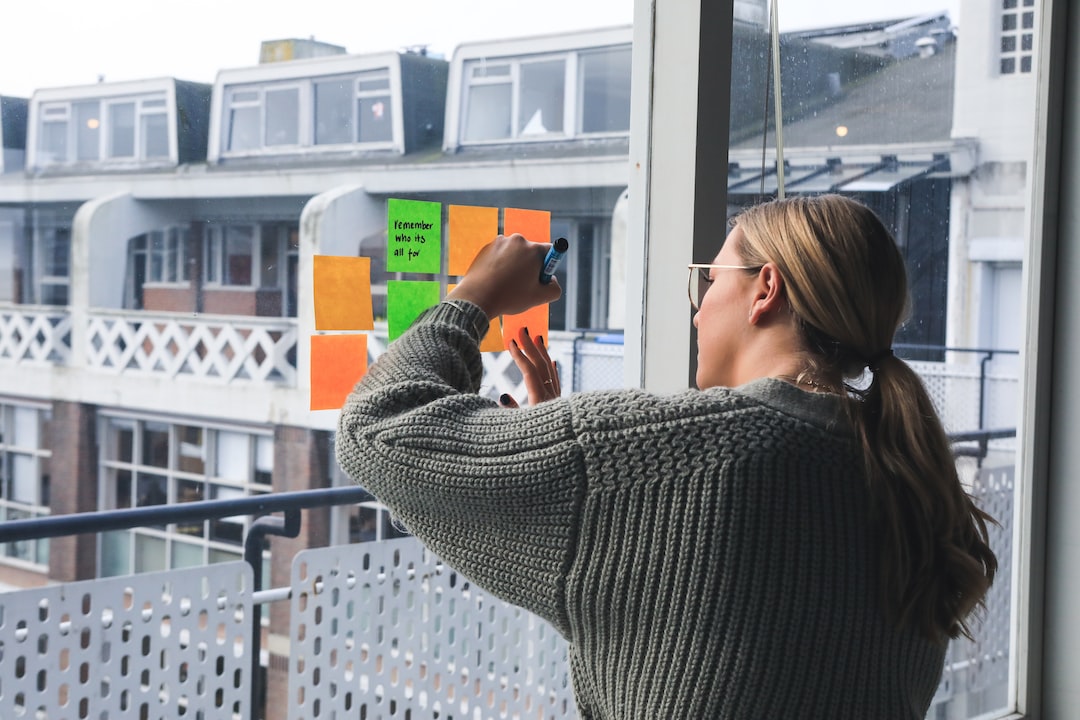Come CONSULENTE DI CARRIERA, so benissimo quanto lo STRESS possa influire sulla ricerca di lavoro. Trovare un impiego ideale può essere un processo lungo e impegnativo, e le pressioni possono accumularsi facilmente. Tuttavia, è possibile gestire efficacemente lo stress per mantenere la calma e ottenere il successo che meriti.
Inizialmente, è fondamentale identificare le fonti di stress. Capire cosa ti preoccupa di più nel processo di ricerca del lavoro ti permetterà di affrontare queste sfide in modo mirato. Potrebbe essere la mancanza di opportunità, l’ansia dei colloqui o l’incertezza finanziaria. Una volta individuate le principali preoccupazioni, puoi adottare strategie specifiche per affrontarle.
Una delle tecniche più efficaci per gestire lo stress nella ricerca di lavoro è la pianificazione. Organizza il tuo tempo in modo da dedicare un periodo giornaliero alla ricerca di impiego. Stabilisci obiettivi raggiungibili per te stesso, come inviare un determinato numero di candidature al giorno o fare ricerca su un certo numero di aziende interessanti. Questo ti darà una struttura e un senso di progresso nella tua ricerca.
Inoltre, fai attenzione alla tua salute mentale ed emotiva. Non aver paura di chiedere supporto quando ne hai bisogno. Il processo di ricerca del lavoro può essere emotivamente esigente, quindi avere una rete di supporto composta da amici, familiari o colleghi può fare la differenza. Coinvolgili nelle tue aspirazioni, lasciati confortare dai loro consigli o rassicurazioni.
La pratica dell’autocura è altrettanto importante. Assicurati di dedicare del tempo a te stesso ogni giorno, per fare ciò che ti fa sentire bene. Attività come il fitness, la lettura o il rilassamento possono aiutarti a disconnetterti dallo stress e rigenerarti mentalmente.
Infine, mantieni un atteggiamento positivo. La ricerca del lavoro può portare a dei rifiuti o a delusioni, ma è importante non farsi scoraggiare. Affronta i fallimenti come opportunità di crescita e impara dagli errori commessi. Sii paziente con te stesso e ricorda che il tuo successo arriverà.
In conclusione, come consulente di carriera, ho notato che la gestione dello stress è fondamentale nella ricerca di lavoro. Identificare le fonti di stress, pianificare la tua ricerca, chiedere aiuto ed essere gentile con te stesso sono tutti passi importanti per affrontare lo stress in modo efficace. Ricorda anche che le delusioni fanno parte del processo e ciò che conta di più è rimanere positivi e perseverare nella tua ricerca di lavoro.


